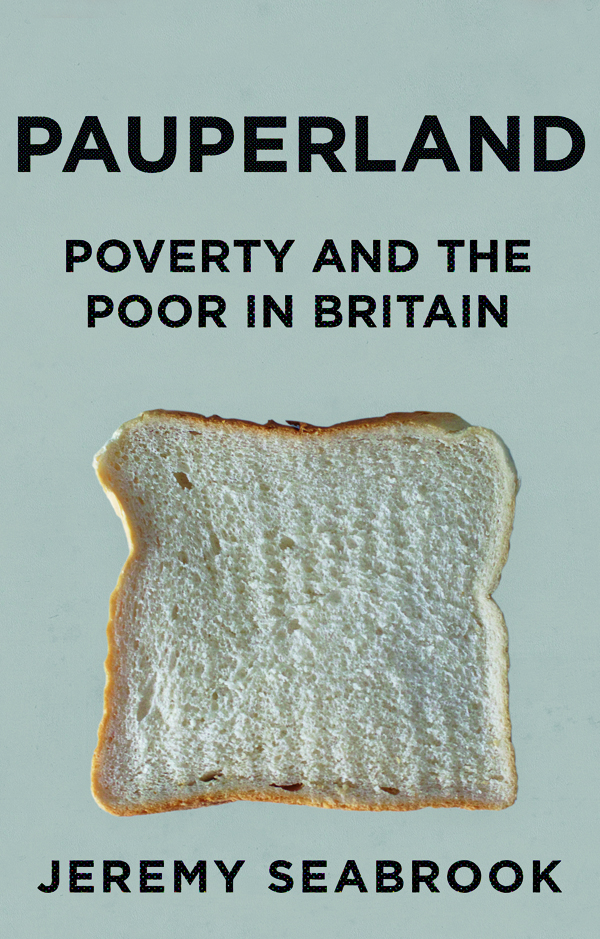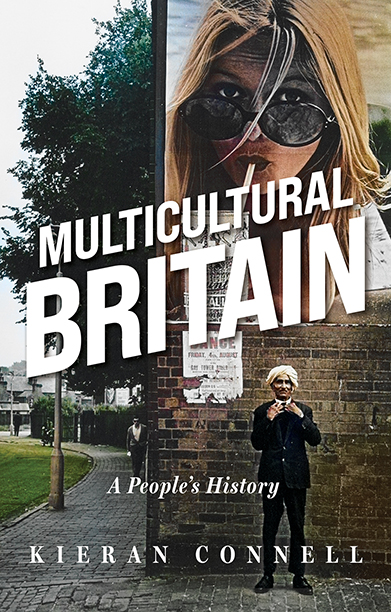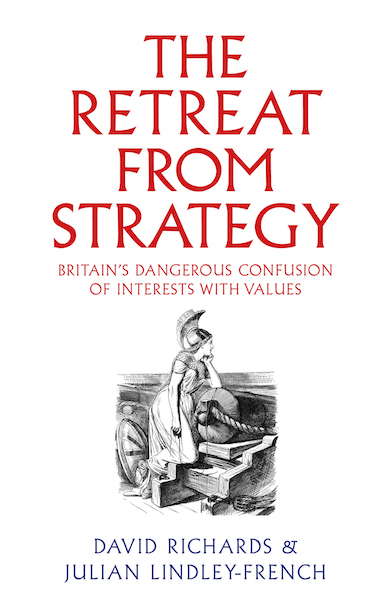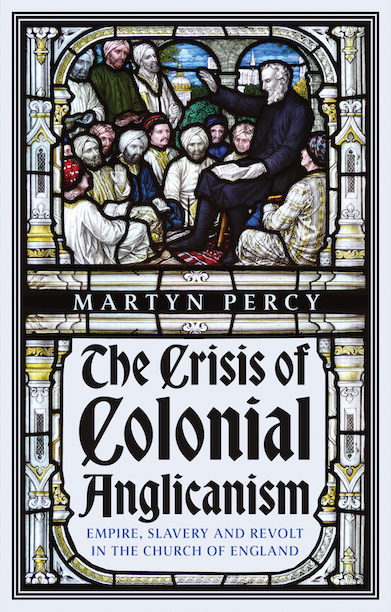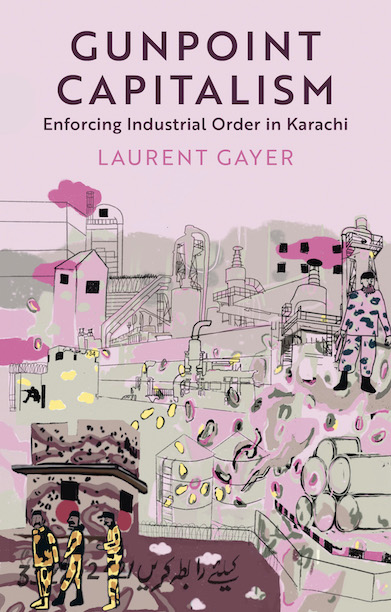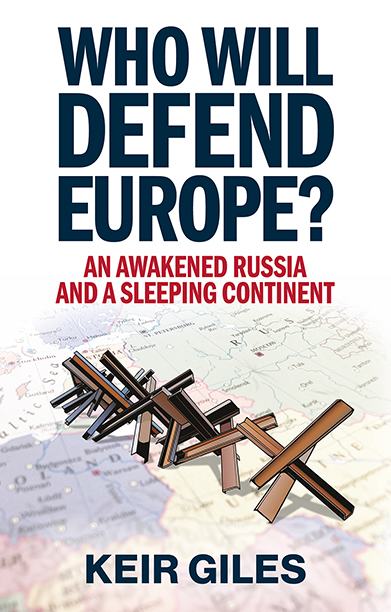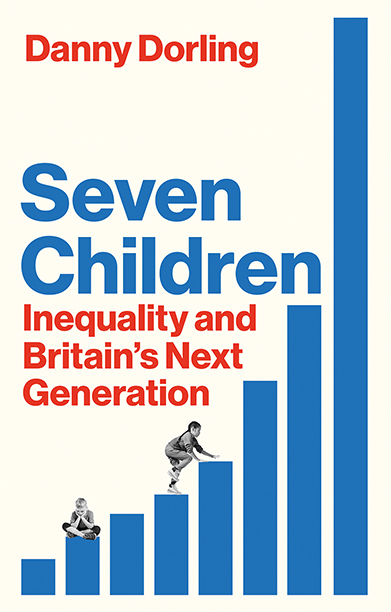Pauperland
Poverty and the Poor in Britain
‘This is a beautifully written book that suggests that our current debates about welfare dependency and entitlements are nothing new.’ — The Sunday Times
Description
In 1797 Jeremy Bentham prepared a map of poverty in Britain, which he called ‘Pauperland.’ More than two hundred years later, poverty and social deprivation remain widespread.
Yet despite the investigations into poverty by Mayhew, Booth, and in the 20th century, Townsend, it remains largely unknown to, or often hidden from, those who are not poor. Pauperland is Jeremy Seabrook’s account of the mutations of poverty over time, historical attitudes to the poor, and the lives of the impoverished themselves, from early Poor Laws till today. He explains how in the medieval world, wealth was regarded as the greatest moral danger to society, yet by the industrial era, poverty was the most significant threat to social order. How did this change come about, and how did the poor, rather than the rich, find themselves blamed for much of what is wrong with Britain, including such familiar—and ancient—scourges as crime, family breakdown and addictions? How did it become the fate of the poor to be condemned to perpetual punishment and public opprobrium, the useful scapegoat of politicians and the media? Pauperland charts how such attitudes were shaped by ill-conceived and ill-executed private and state intervention, and how these are likely to frame ongoing discussions of and responses to poverty in Britain.
Reviews
‘This is a beautifully written book that suggests that our current debates about welfare dependency and entitlements are nothing new. … Seabrook traces perceptions of the poor over four centuries, and how the authorities have alternated between severity and leniency. He also uses his 50 years’ experience as a social worker and researcher to pen poignant descriptions of the realities of being poor in modern Britain. [Pauperland] is a powerful plea for better understanding and humanity.’ — The Sunday Times
‘Intelligent and subtle analysis of the linked ideas of poverty and wealth … Seabrook’s fascinating book – part intellectual history, part heartfelt polemic – is a plea to redefine wealth and poverty in a less materialistic way.’ — The Guardian
‘Seabrook makes an eloquent case that wealth, which now “commands many of the rites and observances formerly associated with religion”, is founded on an ideology of limitless desires fuelling limitless economic growth. […] His prophetic question will not go away: “Since growth and expansion in perpetuity are impossible, can the transition to a more modest way of living be accomplished peaceably, or will it occur only as a consequence of some great catastrophe?”’ — Jonathan Benthall, Times Literary Supplement
‘Seabrook’s history of the poor and attitudes towards them is a powerful political and moral polemic.’ — The Times
‘Nothing changes, the poor are always with us — and so are the punitive attitudes of those who confine others to that condition. From Speenhamland to the work house to Iain Duncan Smith, Jeremy Seabrook’s enlightening tour through this sorry history reveals the unceasing need of the comfortable to remoralise the paupers, not themselves.’ — Polly Toynbee, columnist for The Guardian and author of Hard Work: Life in Low-Pay Britain
‘Seabrook takes readers on a journey through what he calls the “fallibility of economic reason,” in which humanity becomes a commodity to be brought and sold to the highest bidder…recommended for those interested in the making of public policies, specifically concerning poverty and poor.’ —Choice
‘Jeremy Seabrook chronicles the history of the poor with a fine anger and compassion and a deep understanding of his subject. This is a fine book as well as a relevant one.’ — Ian Jack, former editor of Granta, 1995-2007 and author of Before the Oil Ran Out: Britain 1977-86
‘Seabrook sensitively chronicles attitudes towards the poor from the Elizabethan Poor Laws onwards. … The historical backgrounding is solid, but where Pauperland comes into its own is through its refusal to disregard oral history: the sidelining of the poor is an intrinsic tool in the perpetuation of inequality. Seabrook’s examination of the 20th century and beyond comes alive with these oral histories, as well as through personal recollection and insight that never descends into mawkishness.’ — New Humanist
‘This is a fascinating book which managed to combine rich historical data and information about poverty alongside of more contemporary material…and offers an authoritative and challenging account of how the poor remain in a context of unprecedented wealth.’ — Tracy Shildrick, University of Leeds, Journal of Social Policy
‘Seabrook’s ambition is vast. … [He] wears his expertise lightly but skillfully in typically impassioned prose. His is nothing less than a condemnation of modern society.’ — Tony Fitzpatrick, Sociology
‘This is a short yet ambitious book, sweeping in its scope, that seeks to chart and deconstruct the complex intersection of poverty, wealth, privilege and power — and the structures that sustain them — over centuries. … Whether it’s against a backdrop of the monarchs and aristocracy of mediaeval England, the ascendancy of global consumerist dogmas in the 20th century, or the ‘super-rich’ and their political and media apologists in the 21st, this book traces the relentless demeaning and punishing of poor people, purely for being poor. It makes for a compelling read.’ — Mary O’Hara, Sociology
PRAISE FOR JEREMY SEABROOK:
‘The inspirational Jeremy Seabrook beats any celebrity radical in the art of speaking hard truths through fine prose.’ — Boyd Tonkin, The Independent
‘Jeremy Seabrook is one of England’s most imaginative and creative writers, with a preacher’s talent for prophecy and a capacity for righteous indignation reminiscent of George Orwell.’ — Richard Gott, The Guardian
Author(s)
Jeremy Seabrook is the author of more than forty books on subjects as diverse as transnational prostitution, child labour, social class, ageing, unemployment and poverty. His most recent include Pauperland: Poverty and the Poor in Britain and The Song of the Shirt: The High Price of Cheap Garments, from Blackburn to Bangladesh, which won the Bread and Roses Prize for Radical Publishing in 2016.
